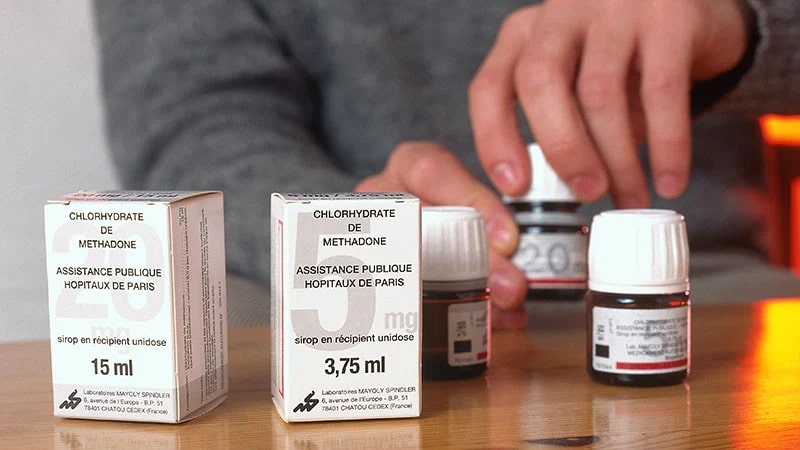In a context where access to care and control of health expenses are more crucial than ever, the absence of essential measures in the latest spending plan is causing growing outrage among sector leaders. These omissions, which could have improved the efficiency and accessibility of care, highlight the tensions between economic issues and the real needs of patients. The voices of health professionals are being heard, calling for a reassessment of priorities to ensure quality care.
Leaders in the health sector express their dissatisfaction at the exclusion of crucial measures in the newly approved spending plan. They emphasize that this omission has profound consequences on drug pricing, the funding of care, and transparency in the healthcare system. Important reforms, which had garnered bipartisan support, have been sidelined, leaving Americans with high costs for their medical treatments. Sector leaders warn that this situation threatens to delay access to quality care and worsen the financial challenges faced by health professionals.

Health sector leaders denounce the omission of essential measures
The recent adoption of a spending plan has sparked strong reactions within the health sector, particularly regarding the lack of certain essential measures. Healthcare professionals, including hospital leaders and medical organizations, have voiced their concerns about this omission. These measures included crucial reforms to improve access to care and ensure cost transparency.
Reactions from sector leaders
Many leaders have spoken out to emphasize that this decision could significantly influence the quality of care provided to patients. Furthermore, the absence of reforms such as clarifying drug prices and approval rules for generic drugs raises fears of increased costs for consumers. Leaders believe that this lack of commitment to public health is a real blow to the effectiveness of the healthcare system.
Consequences for the healthcare system
The absence of these reforms is also accompanied by a growing sense of frustration among health professionals. This situation is likely to increase inequalities in access to care, already present in the system. Health sector leaders fear that, without these measures, the quality of care provided may suffer and that patients will be forced to bear ever-increasing costs, further aggravating the mental health crisis.
In a context where the health sector is facing numerous challenges, the absence of essential measures in the spending plan has prompted strong reactions from leaders in the field. They emphasize that these omissions undermine the ability to respond adequately to the growing needs of the population. Expectations regarding reforms related to drug pricing and prior authorization were high, but the decisions taken are taking a turn for the worse.
Representatives from various organizations have expressed their concerns, citing significant consequences that could delay access to treatments for many patients. For example, the repeal of the affordable prescription law for patients, which limits patent numbers, could worsen drug costs, making access even more difficult for vulnerable populations. Such a reform was deemed essential to save billions of dollars for taxpayers while providing real support to patients.
Criticism is also directed at the refusal to address crucial issues related to healthcare funding. The absence of provisions for prior authorization and reimbursement of Medicare services shows an alarming disconnect between political decisions and the real needs of practitioners and patients. Doctors, already under increasing pressure, find themselves without adequate support to cope with the continuous rise in care costs.
In summary, the health community is calling for a reassessment of political priorities. Significant measures are necessary to ensure that the healthcare system can not only withstand current pressures but also evolve to offer access to care while ensuring the sustainability of the system in the long term. The time has come for real and concerted action.














